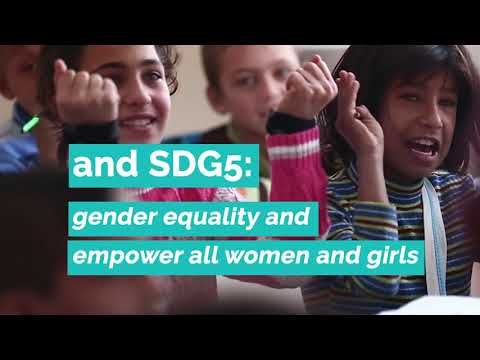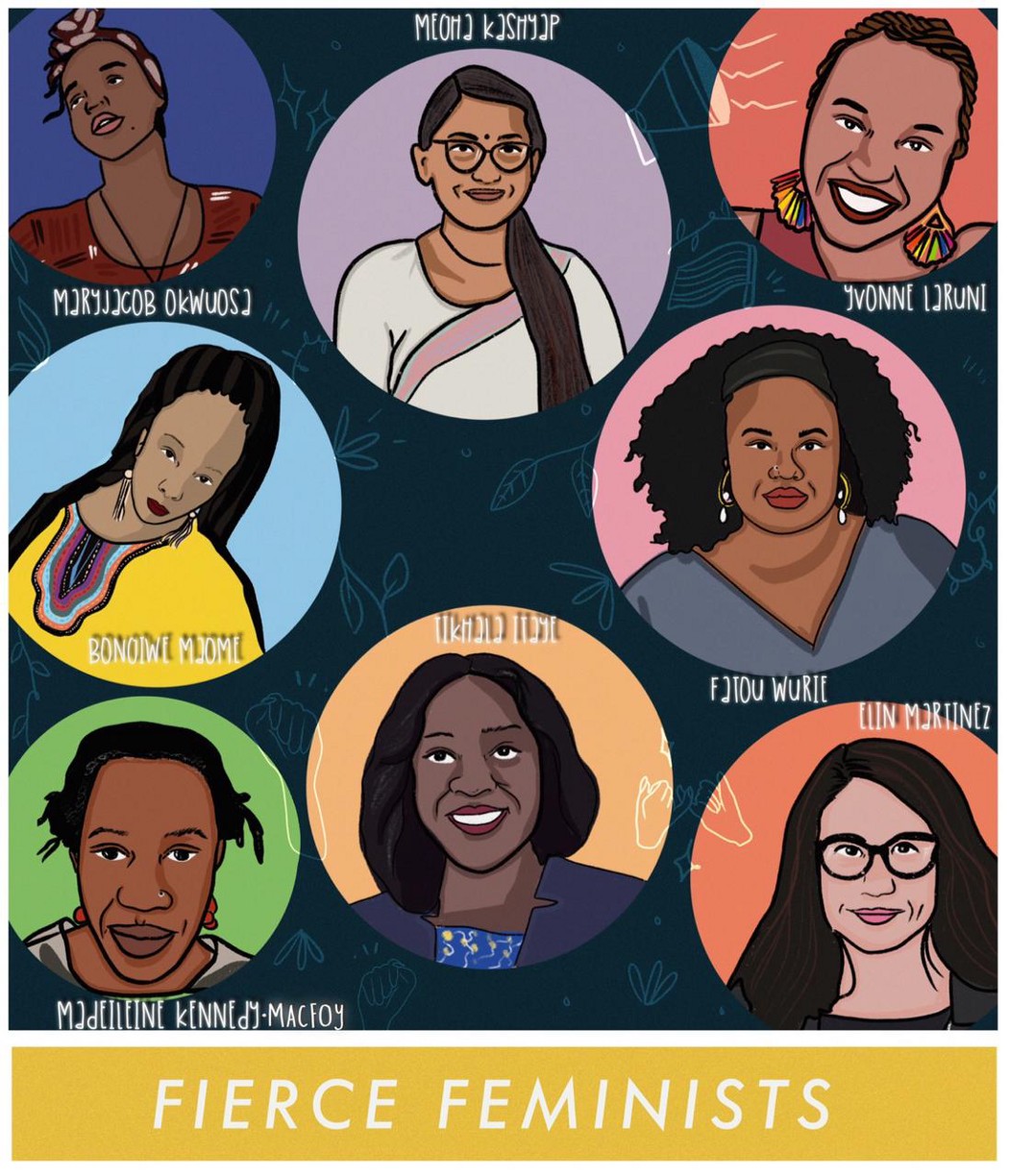My name is Tinuola Oladebo. I am from Nigeria. I volunteer with OneAfricanChild. Like most people around the world, COVID-19 has had an enormous effect on me — some aspects of which I want to share with you.
First, the abrupt cessation of my work. There’s a general call for self-isolation in Lagos city where I live and work, owing to the fact that Lagos is the epicentre of the virus in Nigeria. As an instance, our organisation had just been granted an approval by a new low-income school in Lagos to educate pupils on digital learning, who I was really looking forward to starting to work with. We were also preparing for teacher training to improve teachers’ deliveries on peace and conflict management among learners in schools. Our projects to train teachers in digital skills have all been placed on a hold as a consequence of the lockdown.
For girls, on the other hand, the effect is different. Despite the lockdown, parents are compelled to go about their usual business as this is their only means of survival. Most girls have joined their mothers in
raising extra income to support the home.
While there is an intensive awareness provided by the government and media houses, it is difficult for residents of marginalised communities to adhere to these instructions. The washing of hands routine can’t be religiously followed because of water shortage. Awareness limitations as a result of poor internet connectivity, scarcity technological gadgets, little and no electricity supply, non-affordability of safe guarding kits such as hand sanitisers and so much more.
All these issues mean it is difficult for those in economically disadvantaged communities — who are our focal point — to be worse off than they already are given their dire conditions of living.

It is important for leaders to understand that we need to deal with this pandemic in line with our resources. There is need for modification of global strategies to educate people about this virus and how to reduce its spread. For instance, we need media awareness to be translated and publicised in local languages. Government should provide at least basic home supplies such as food to ensure people in economically disadvantaged communities are not left out and, in the process, forced out of staying at home.
I am excited to learn that some individuals have risen to this task. The governor of the most affected state in Nigeria (Lagos state) has started distributing food supplies to communities today. We want to see more people treading this path.
Although education is important, we need to bear in mind that this ideal will remain elusive when folks are hungry. Also, while virtual learning cannot be completely relied on to ensure constant learning, local radio and TV stations can be leveraged to ensure learning takes place in this period. In addition, government can support with constant electricity supply. If these measures can be put in place, we will make progress for a lot of vulnerable girls here and all over the world!
Thank you,
I stand in solidarity with girls.


